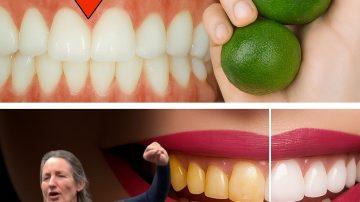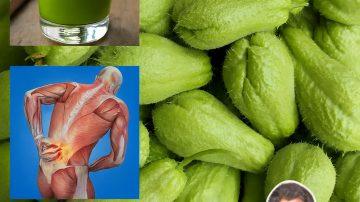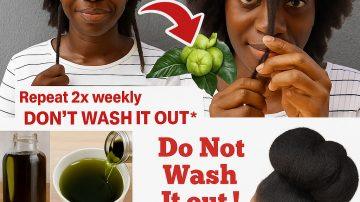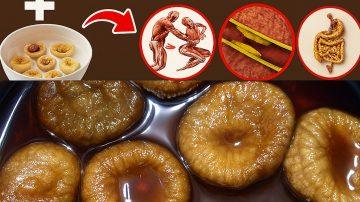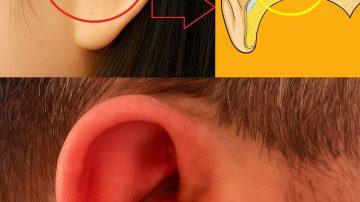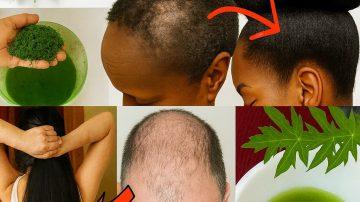The combination of activated charcoal and lemon juice has become a popular DIY trend, primarily celebrated for its powerful detoxifying and cleansing properties for both internal health (like in “black lemonade”) and external cosmetic uses.
While activated charcoal’s adsorption power is scientifically proven (it binds to toxins), and lemon juice is rich in $\text{Vitamin C}$ and $\text{citric}$ $\text{acid}$, combining them for $\text{DIY}$ cosmetic solutions carries significant risks, especially for teeth.
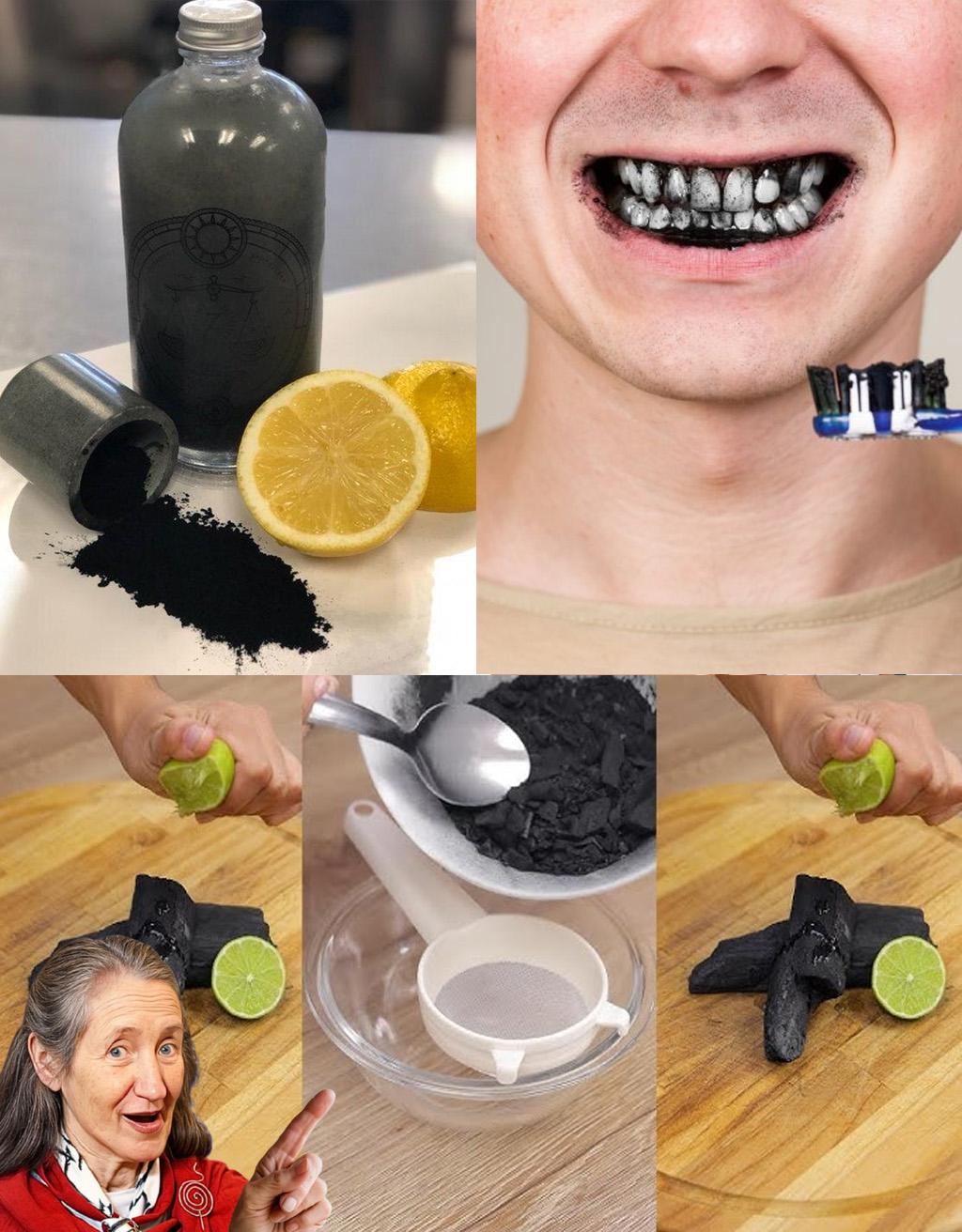
Part 1: DIY Solutions and Their Benefits
For Skin: The Detoxifying Face Mask
Activated charcoal is a well-regarded ingredient in commercial skincare products due to its massive surface area, which attracts and binds to impurities.1

| Ingredient | Benefit | DIY Application (Face Mask) |
| Activated Charcoal | Deep Cleansing: Adsorbs dirt, oil, and toxins from the skin’s surface. Reduces Pore Size: By drawing out debris, it makes pores appear smaller. | Mix $\text{1 teaspoon}$ of charcoal powder with a non-acidic, hydrating base like aloe vera gel or raw honey. Optional: Add a few drops of pure $\text{lemon}$ $\text{essential}$ $\text{oil}$ (highly diluted and patch tested). |
| Lemon Juice ($\text{Vitamin C}$) | $\text{Antioxidant}$ and $\text{Brightening}$: $\text{Vitamin C}$ helps combat free radicals and may brighten the complexion. Astringent: Helps tighten and tone skin, especially beneficial for oily skin. | Caution: Using pure lemon juice directly on the skin can cause irritation and photosensitivity (increased risk of sun damage). It’s safer to use commercial products containing lemon $\text{extract}$ or $\text{lemon}$ $\text{essential}$ $\text{oil}$ at low, safe concentrations. |
For Internal Health: Black Lemonade
This tonic is generally considered safe when consumed in moderation and away from medications.

| Ingredient | Benefit | DIY Application (Tonic) |
| Activated Charcoal | Digestive Detox: Binds to gas-producing elements in the gut, helping to relieve bloating and intestinal gas. Toxin Removal: Traps ingested chemicals and toxins for elimination (the basis of emergency poisoning treatment). | Mix $\text{1 teaspoon}$ of food-grade charcoal powder with the juice of one whole lemon, a natural sweetener (like honey or maple syrup), and 1 cup of water. Drink 1-2 hours away from food and medication. |
Part 2: The Major Safety Warnings (Especially for Teeth)
While the ingredients have benefits, mixing them at home, especially for oral use, is strongly discouraged by dental professionals.
The Danger to Tooth Enamel
| Issue | Explanation | Safety Warning |
| Abrasiveness (Charcoal) | Activated charcoal is $\text{abrasive}$. While it can physically scrub away surface stains (extrinsic stains) like those from coffee or tea, consistent use wears down tooth enamel. | Irreversible Damage: Enamel does not regrow. Excessive abrasion makes teeth permanently sensitive and, paradoxically, can make them look more yellow by exposing the darker dentin layer underneath. Use charcoal products only occasionally (max once a week) or look for dentist-approved charcoal toothpaste. |
| Acidity (Lemon Juice) | Lemon juice is highly acidic. Acid directly erodes tooth enamel. Brushing with an acid is one of the quickest ways to cause permanent damage and extreme sensitivity. | DO NOT BRUSH WITH LEMON JUICE. There is no guaranteed way to safely mix charcoal (abrasive) and lemon juice (acidic) at home to neutralize the acid without risking severe, irreparable damage to the enamel. |
General Charcoal Ingestion Warning
- Drug Interference: Activated charcoal is non-selective; it will bind to and adsorb vital nutrients, vitamins, and, most importantly, prescription medications (including birth control).2 NEVER consume charcoal within 90 minutes to 2 hours of taking medication.
- Constipation: Regular, high-volume charcoal consumption without adequate water can lead to severe constipation or, in rare cases, intestinal blockage.3

